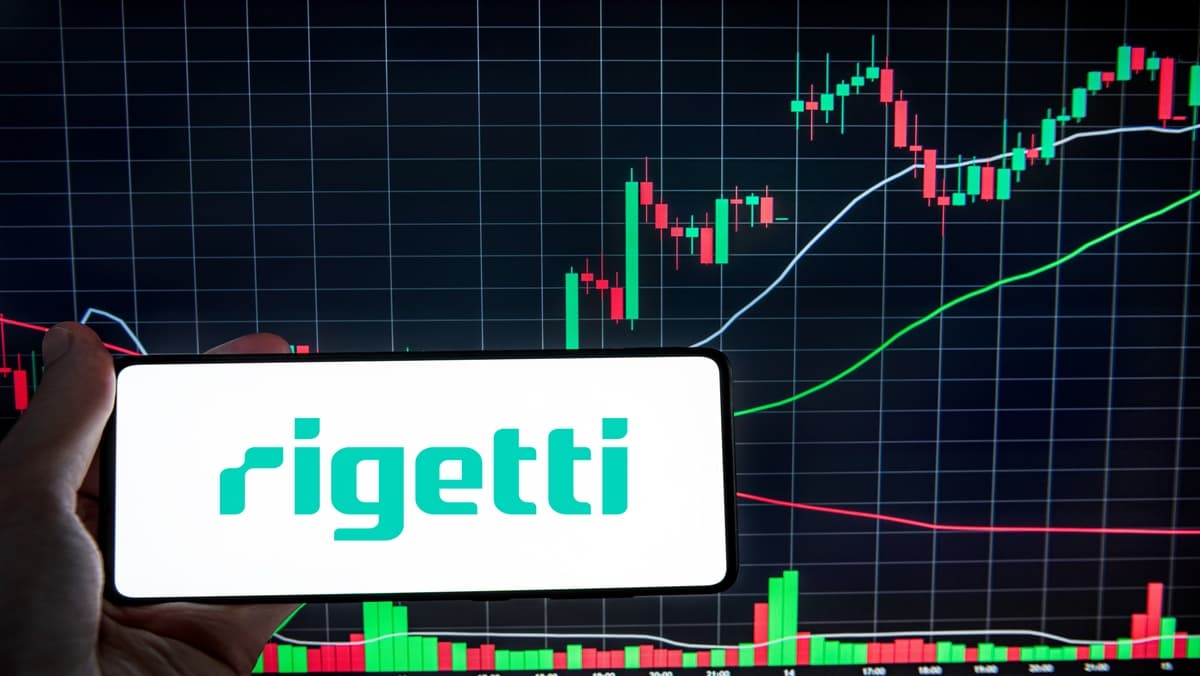
NBIS Stock Outlook for 2026: The landscape of biotechnology and pharmaceuticals is constantly evolving, marked by rapid advancements and emerging technologies.

Commodity market today: As global economic conditions shift and investors reassess their portfolios, the spotlight remains on the precious metals market, particularly gold and silver.

RGTI stock crashed 7% today: The recent decline in Rigetti Computing’s stock has garnered attention, stirring conversations around the company’s current position in the quantum computing landscape.

Gold price analysis: Gold has long been a focal point for those interested in the financial markets.

Technology stock to watch in 2026: The technology sector is constantly evolving, with certain companies consistently standing out due to their innovative capabilities and market positioning.

BMNR stock up 9% today: BitMine Immersion Technologies has recently grabbed headlines, with notable movements in its stock price.

Solana (SOL) price analysis: Solana has emerged as one of the notable players in the cryptocurrency space, known for its high-speed transactions and lower fees.

Best AI stocks for 2026: As we move deeper into the digital age, artificial intelligence (AI) is rapidly transforming various sectors, creating a wave of investment opportunities.

Top cryptos to watch in 2026: As the cryptocurrency market continues to evolve, certain digital assets are poised to capture attention in the coming years.

Why Starknet (STRK) is trending: In the rapidly evolving world of cryptocurrency, new projects frequently capture the attention of investors and enthusiasts.

Bitcoin (BTC) Price Prediction: Bitcoin, as the first cryptocurrency, remains a focal point of discussion among financial analysts, enthusiasts, and skeptics alike.

Trending Crypto Price Analysis: The cryptocurrency market remains a dynamic and rapidly evolving landscape, characterized by significant volatility and diverse investment opportunities.
Proposed expansion of ESMA's powers raises concerns about the potential impact on the EU's crypto and fintech sectors. Centralized licensing and slower regulatory processes are key worries.
Bitcoin's 'Santa' rally may be ignited by the Federal Reserve's upcoming interest rate decision. This article analyzes the macroeconomic factors potentially influencing Bitcoin's performance into 2026.
Western Union expands into digital assets with a new stable card and plans to issue its own stablecoin, focusing on emerging markets.

A Complete Guide to Cryptos: As digital currencies gain traction across the globe, many individuals are exploring how to navigate this exciting landscape.

Contracts for Difference explained: Trading has evolved significantly over the years, offering a multitude of avenues for investors to engage with different markets.

Financial market for beginners: Understanding financial markets can seem daunting for beginners. However, grasping the basics is crucial for anyone looking to invest.